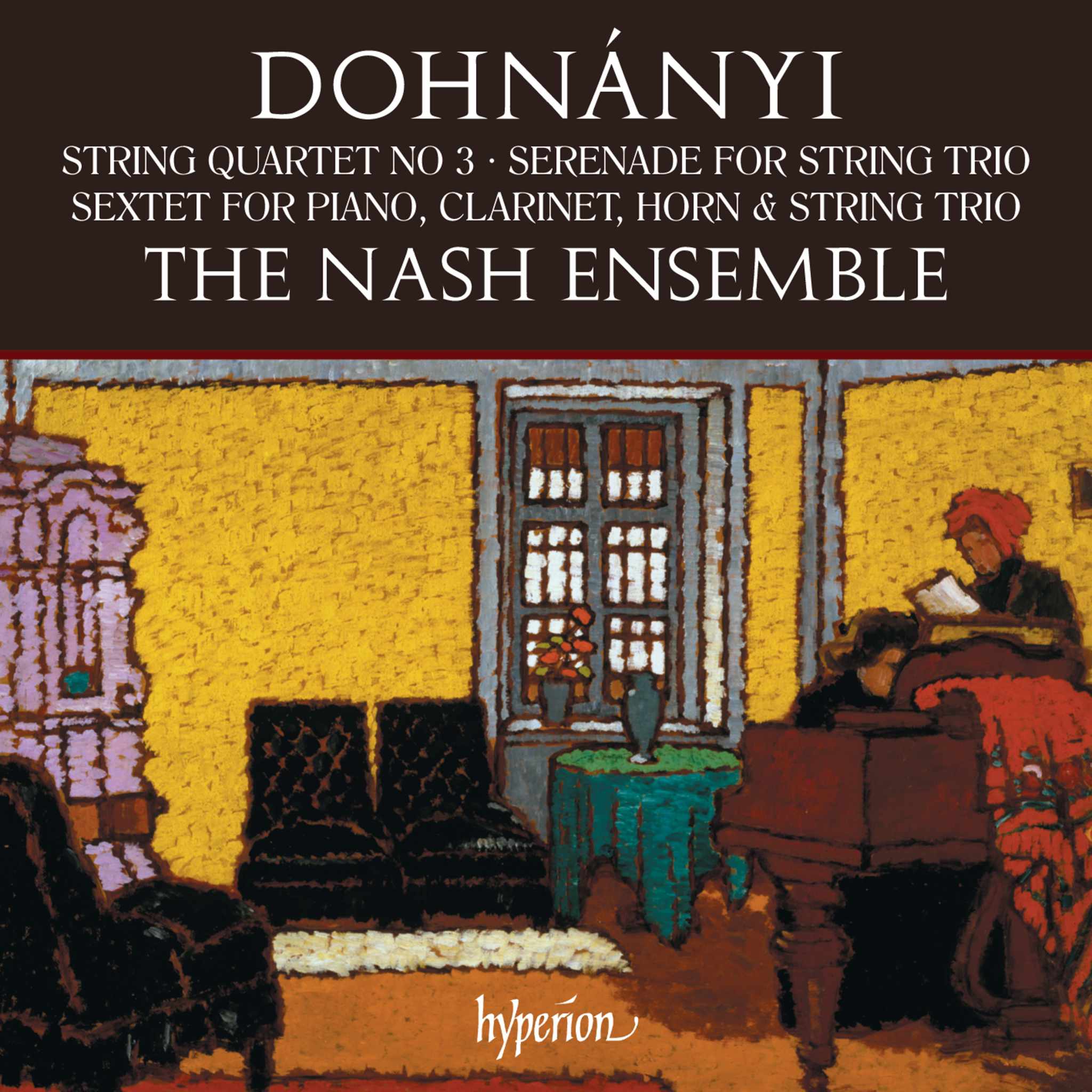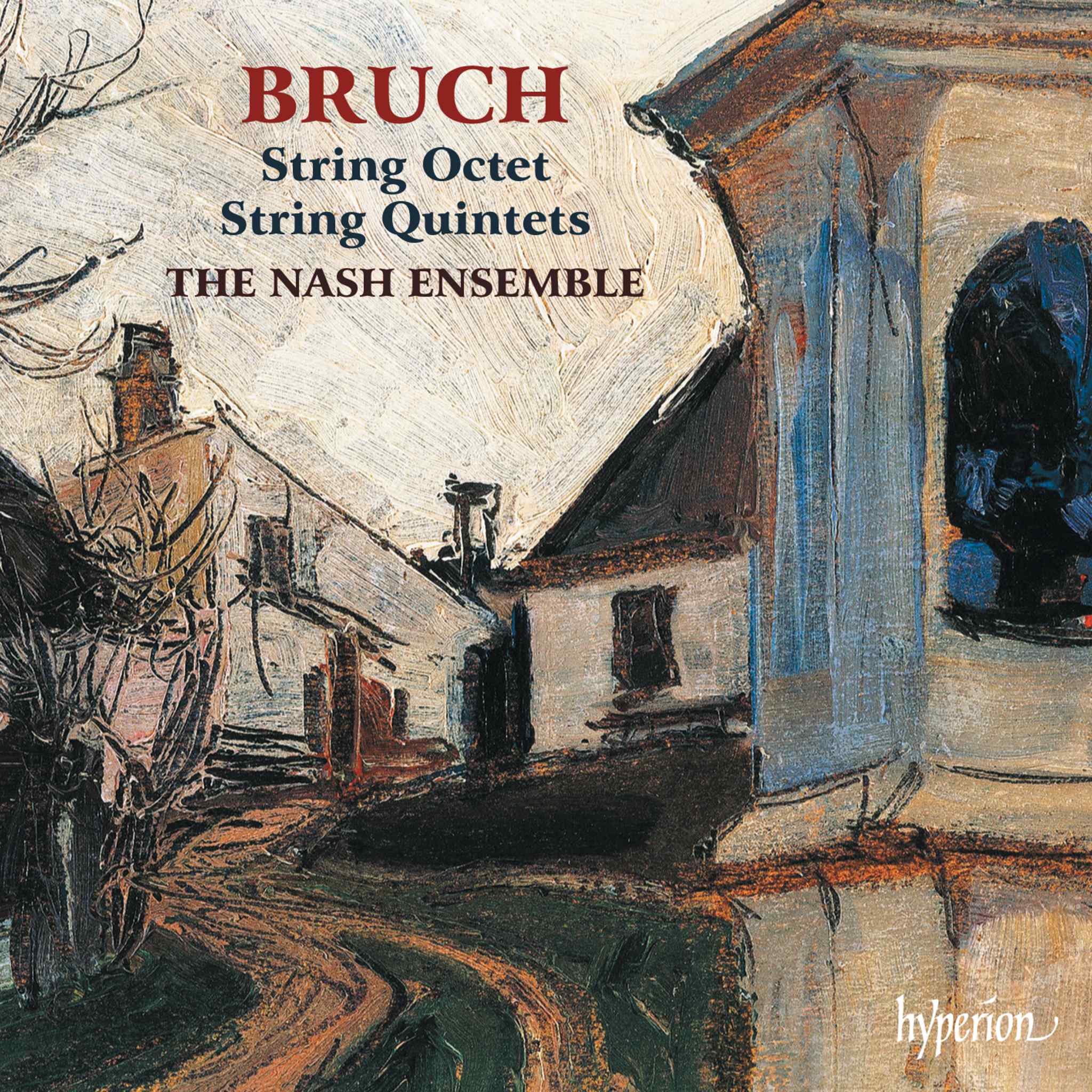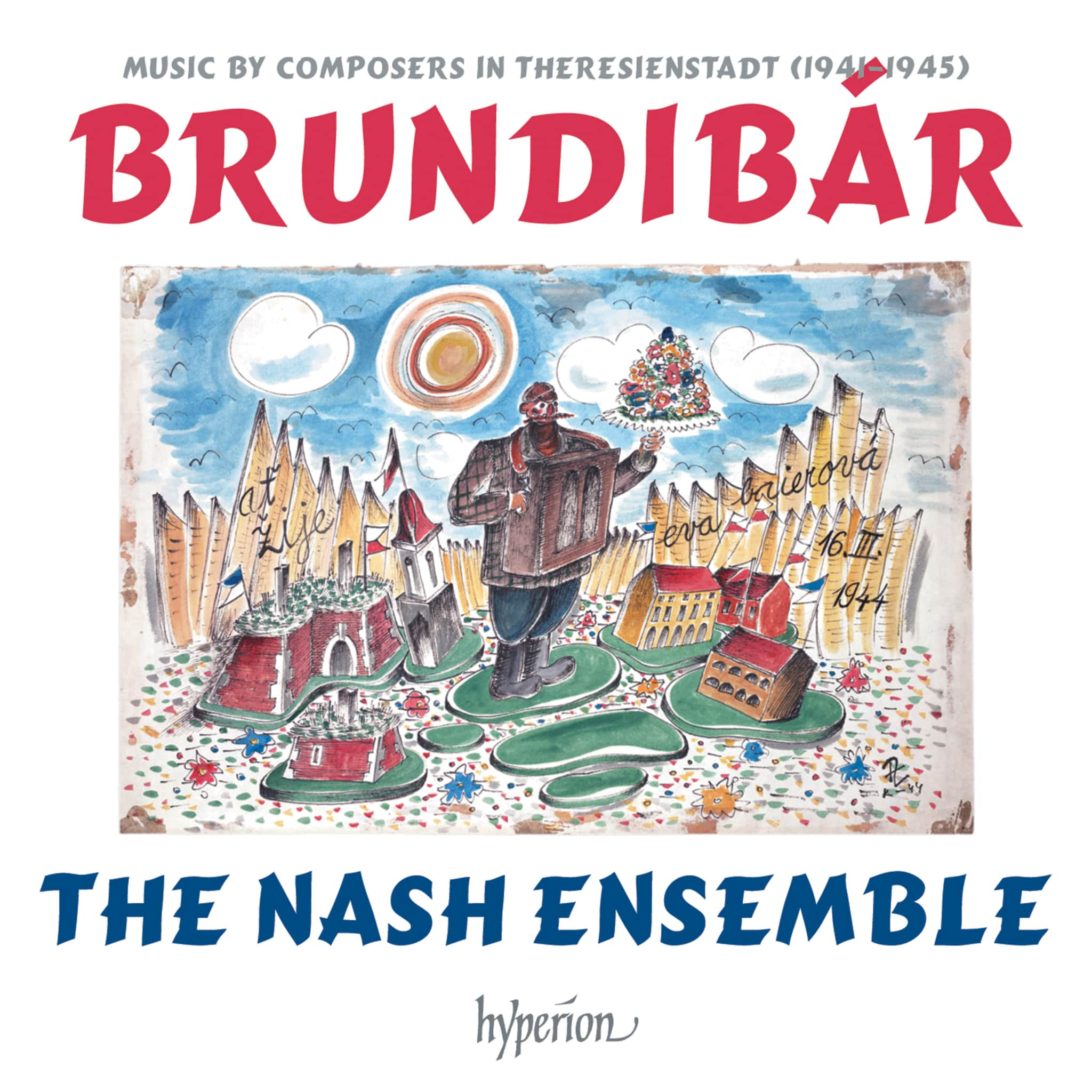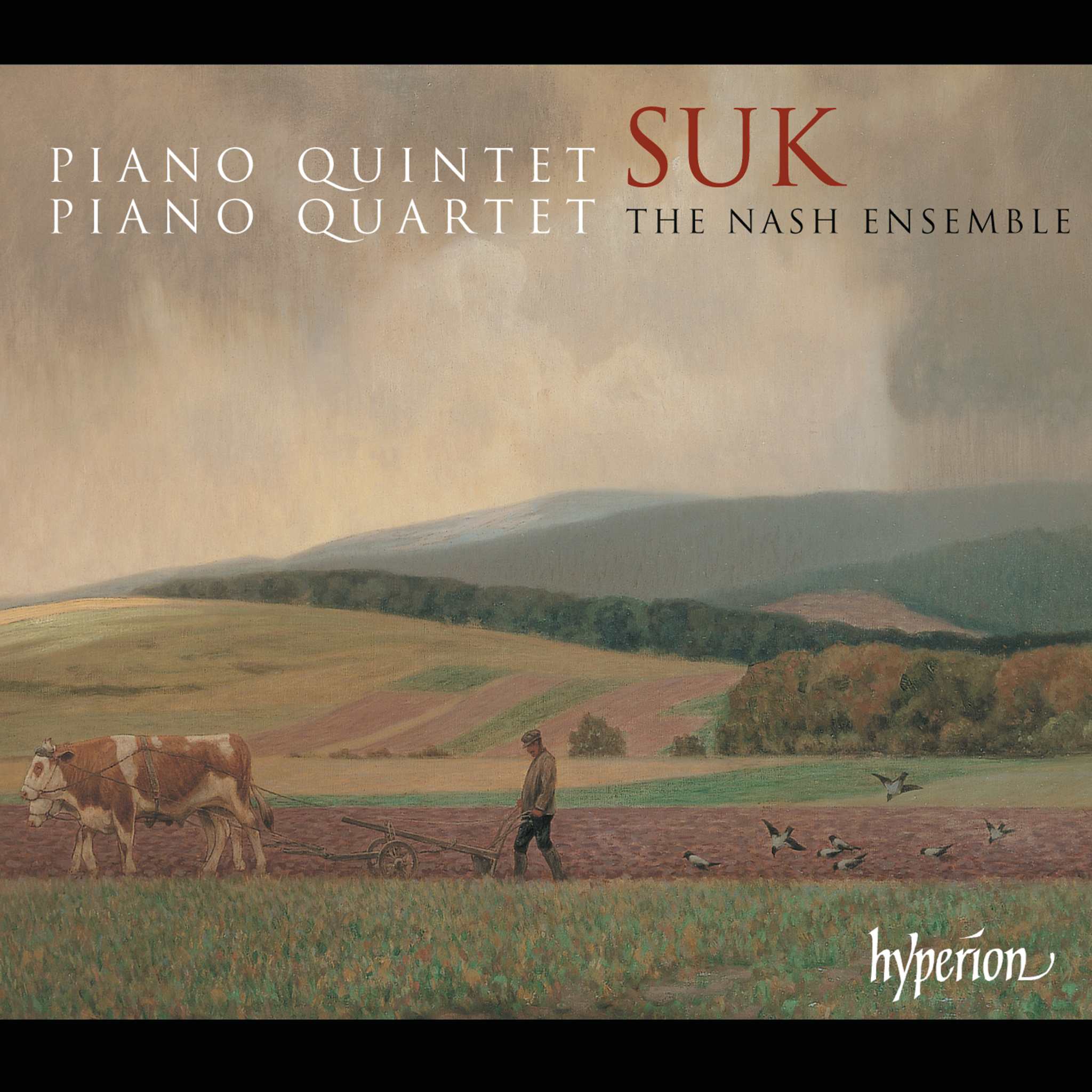Nach seinem Tod wurde Ernő Dohnányi (1877–1960), der als bedeutender ungarischer Komponist, Pianist und Dirigent galt, aufgrund der politischen Umstände in Ungarn weitgehend vergessen. In den 1930er Jahren prägte er das musikalische Leben seiner Heimat maßgeblich, doch später warfen ihm Regierungsvertreter vor, rechte Strömungen zu unterstützen, was seinem Ansehen erheblich schadete. Erst nach dem politischen Wandel und dem Ende des Kommunismus begann man, sein künstlerisches Erbe erneut zu erforschen und seine Bedeutung zu würdigen.
Im 21. Jahrhundert wächst das Interesse an Dohnányis Musik stetig, denn sein individueller Stil und die Qualität seiner Werke werden heute neu entdeckt und geschätzt. Fachleute bezeichnen ihn inzwischen als "vergessenen Helden des Holocaust", und seine zeitlosen Kompositionen wie das Klavierquintett op. 1 begeistern ein modernes Publikum und gelten als besonders fesselnd.
Im Verlauf seines Schaffens entwickelte Dohnányi eine beeindruckende stilistische Vielfalt. Stücke wie die Serenade für Streichtrio op. 10, das Streichquartett Nr. 3 op. 33 sowie das Sextett op. 37 spiegeln seine Meisterschaft und Vielseitigkeit wider. Virtuosität, Ideenreichtum und Humor prägen seine Musik, die sowohl nationale Einflüsse als auch moderne Elemente vereint und damit einen beständigen Reiz auf Hörende ausübt.









